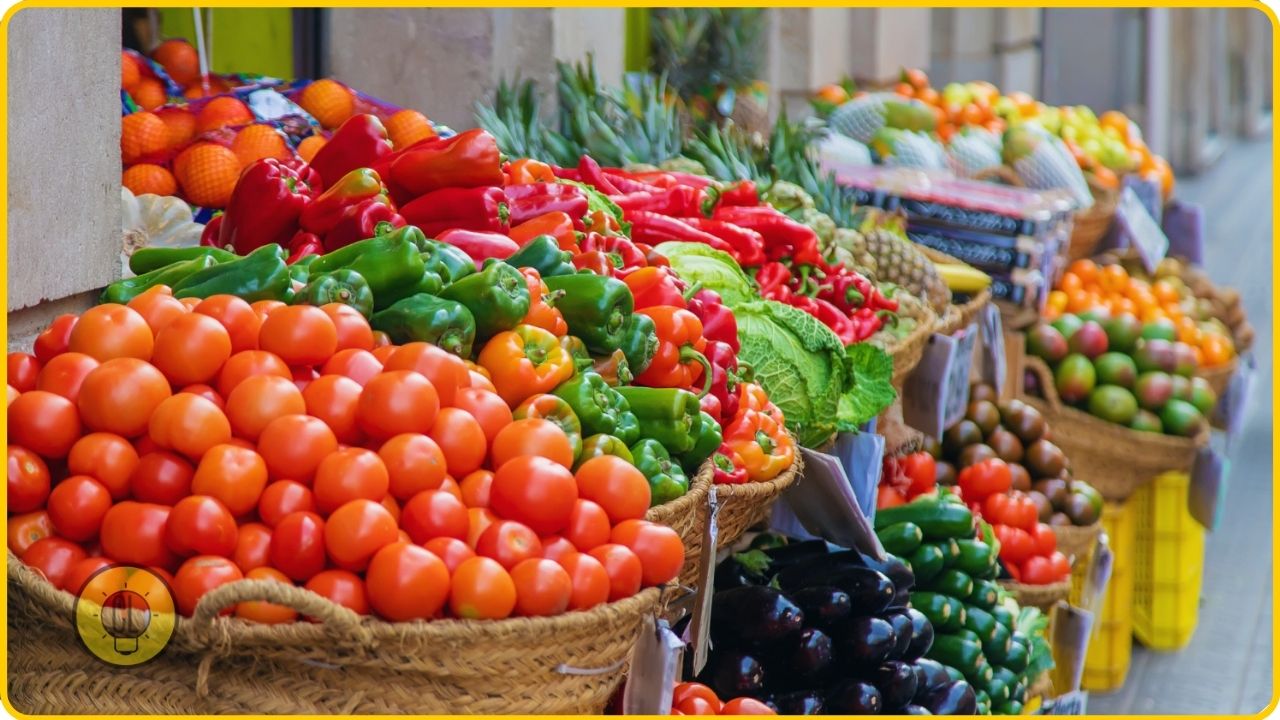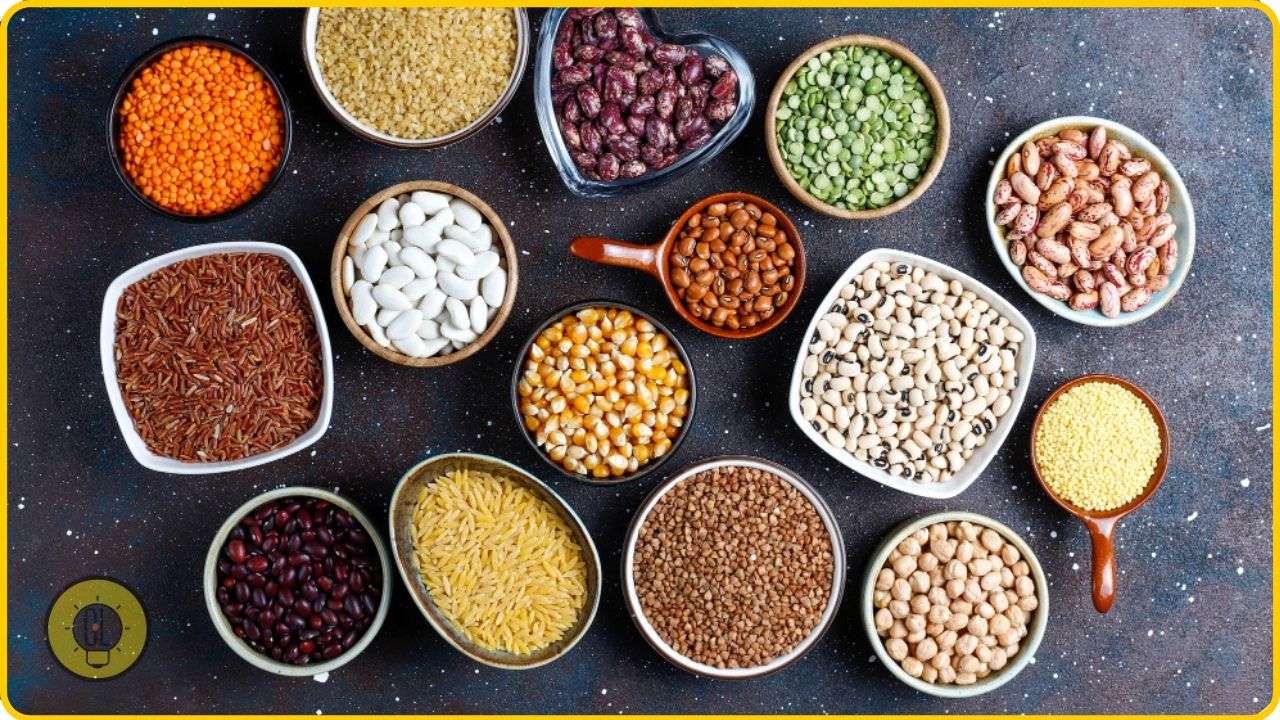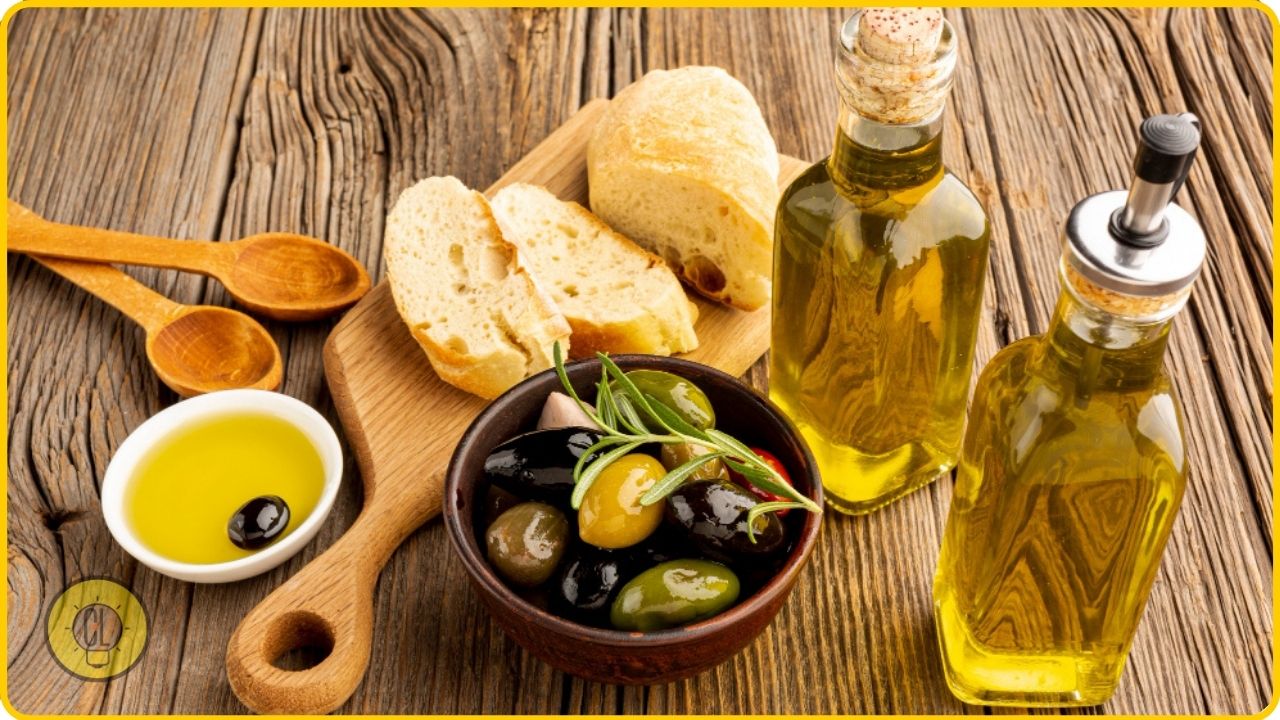What goes down the throat has the greatest impact on the quality of our health. Foods for health is a simple concept of consuming food that is healthier. This includes natural and ready-made foods like vegetables, fruits, and nuts. Adding more of these health-promoting foods into your diet ensures you live a healthy life, both physical and mental.
Green vegetables protect cells from damage caused by carcinogenic substances. These Cancer-causing agents don’t necessarily have to come from smoking or drinking. Carcinogens, for instance, can even come from dark-fried meat and sausages. Vegetables like brussels sprouts, for example, can protect precisely against the progression of these harmful agents.
Researchers at the University of Vienna observed this in eight test persons who ate a portion of the vegetable for six days. Results of the study showed that the blood of the subjects contained far fewer carcinogens than those who didn’t consume the vegetable.
Colored Vegetables & Berries

Colored vegetables and fruits such as spinach, pumpkin, wild blueberries, cultivated blueberries, and tomatoes are rightly considered healthy nutrient packages. These foods can compensate for some nutritional sins we all commit. In addition to vitamins and minerals, which the body needs to keep a healthy metabolic system, they also contain secondary phytonutrients.
Phytonutrients are substances that protect the body from a host of health ailments. Not only do they keep annoying colds at bay, but they also prevent serious illnesses such as cancer and cardiovascular diseases.
If you are not a particular fan of green vegetables, you can eat more fruits and fruit vegetables such as peppers, oranges, and tomatoes instead. Whether they taste good is often a question of preparation anyway. Delicious vitamin drinks, fruity desserts, or pasta with vegetable sauces will appeal to even the pickiest eater.
Below are some of the amazing health-promoting foods you can find both in your garden and in the nearest grocery store.
Chicory is a Real Winner: Nutritious, Low in Calories

The taste of chicory is not for everyone. But one thing is certain: the vegetable is very healthy. It contains, for example, folic acid and beta-carotene, explains the Federal Association of German Pharmacists’ Associations in its magazine “Neue Apotheken Illustrierte”. Beta-carotene is good for the eyes and helps prevent cardiovascular disease.
Pulses and Whole Grains: No Unnecessary Ballast

Soy, beans, and oats are also on the list of multi-dishes. And rightly so, because legumes and whole-grain products contain vegetable protein, minerals, and plenty of fiber. Fiber alone can ensure a healthy digestive system. Oats and amaranth are particularly rich in iron and magnesium.
Whole grain products made from wheat, rye, spelled, and rice not only ensure variety on your table but also offer a long list of health benefits. If you don’t like grains, it is best to use finely ground wholemeal bread or a mix of whole and finely ground grain.
A Fish a Week, The Meaty Medicine

Fish is one of the recommended foods that should ideally be served at least once a week. In addition to valuable protein, it contains the important mineral iodine and high-quality omega-3 fatty acids.
Oily fish such as salmon and mackerel are particularly rich in healthy fatty acids. It is not important that you always for the fillets. Gratinated, grilled, consumed as soup – you can prepare fish in a number of variations.
Don’t like anything ‘fishy’? You can add low-fat meats such as chicken breast or lean beef on the menu instead. Whether fish or no fish, make sure you use high-quality vegetable oils and iodized salt for cooking.
Valuable Oils, Nuts for Cardiovascular Health

Not all fat is unhealthy. Unsaturated vegetable fat and omega-3 fatty acids from vegetable oils and fish are great against cardiovascular diseases.
High-quality vegetable oils such as olive, sunflower, grapeseed, and safflower oil should be preferred over other cooking oils.
